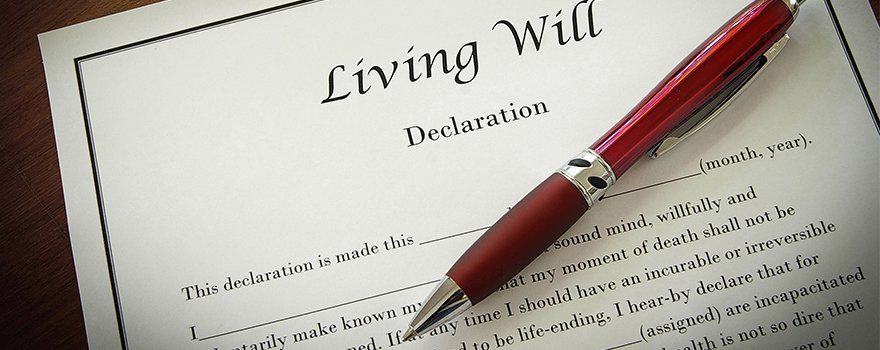
Probate and Estate Administration
After a loved one passes away, his or her estate often goes through a court process called probate or estate administration. It's through this process that the assets of the deceased are managed and distributed. Make the best decisions for your loved one's estate with help from The Elder Law Firm. The estate will be in the qualified hands of a law firm that focuses only on elder law.
Probating a Will
To ensure your estate is distributed as you desire, one solution is to make a will. Probate begins after your death and the will is filed and an executor is named. The executor is responsible for gathering all the assets of the deceased, locating and notifying all creditors, and paying all debts and then distributing your assets to your beneficiaries.
After locating all of the property of the estate, paying actual claims of creditors, and the time for Notice to Creditors has expired, the estate is ready to be closed. An estate that does not have complications requires a minimum of 6 months to close after the will is initially filed with the court.
Administration of Estate
If someone dies without a will, a legal proceeding called administration must take place. This is similar to probating a will. The court determines the identity of the descendant’s heirs and then the estate's assets are distributed to those heirs according to the laws of the state of Mississippi.
To Schedule
a Consultation,
Call 601-992-1437
Talk to us about creating a FREE Advance Health Care Directive (formerly known as a living will).
First responders can receive a FREE basic will and power of attorneys. Contact us
for details.

What Happens if Someone Objects to the Will?
An objection to a will can be made during the probate administration process. When it does happen, it can be costly to litigate.
For a will to be contested, one must have legal standing to raise objections. A couple of examples of this are when children are to receive unequal shares under the will or when there are changes from a prior will to a later will. The only person who can challenge a will based upon being left out is the spouse, in some circumstances, but not the children.
In addition to distribution disputes, will contests can be a disagreement over the person designated to serve as personal representative.
The law allows two reasons to set aside a will that otherwise conforms to law. One is incapacity to write a will and the other is undue influence of a third party.

Does All Property Go Through Probate?
Probate is primarily a process through which the ownership of assets is transferred from the deceased to the heirs.
However, not all property needs to go through probate. The exceptions include:
- Property that is co-owned by another (this is passed to the co-owner)
- Retirement accounts with beneficiary designations
- Life insurance policies where there are designated beneficiaries
- Bank accounts with POD (pay on death) or “in trust for” designations
- Property owned by a living trust is passed on to successor trustees and then to the beneficiaries of the trust

Probate Cost and Duration
Probate cost and duration can vary substantially depending on a number of factors such as:
- The value and complexity of the estate
- The existence of a will
- The location of real property owned by the estate
- Ownership of real property in other states
The common expenses of an estate are:
- Attorneys' fees
- Personal representatives fees
- Accounting fees
- Court fees
- Appraisal costs
- Surety bonds
Will contests or disputes with creditors over the debts of the estate can increase costs and cause further delays. Most estates without litigation are settled through probate in about 6 to 12 months.

Trust Settlement Cost and Duration
The cost and duration of a trust settlement can vary widely depending on certain factors like the value and complexity of the trust assets and the location of real property owned by the estate.
The common expenses of a trust settlement are personal representatives' fees, attorneys' fees, accounting fees, court fees, appraisal costs, and surety bonds. However, these fees are minimal compared to the cost of probate. The time to settle trust assets usually ranges from a few days to a few months, whereas the time to probate is many months and can be years. Generally, during the probate period, the beneficiaries of the will do not have access to the assets.


